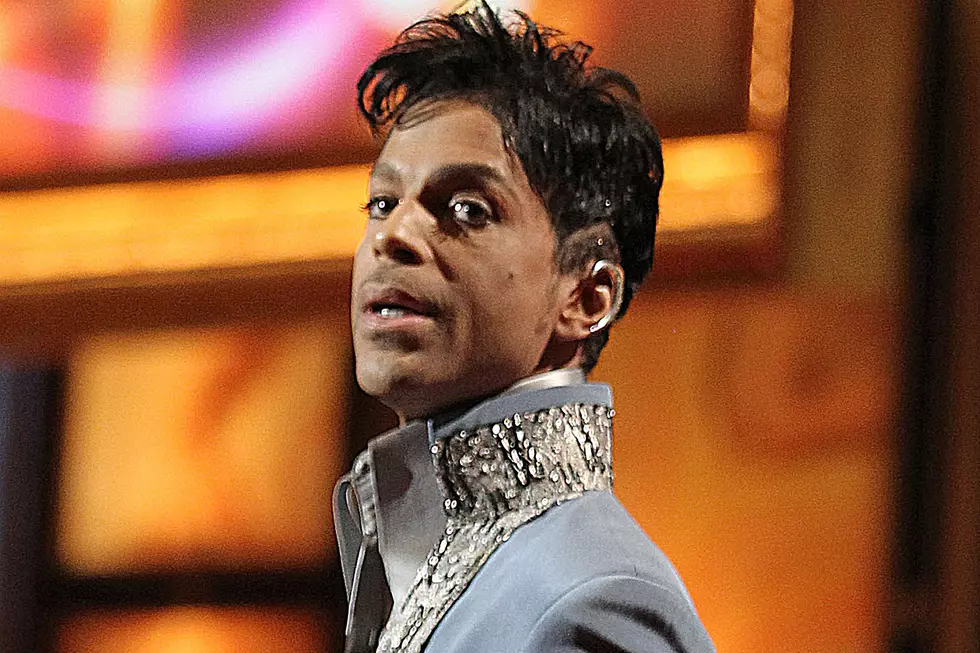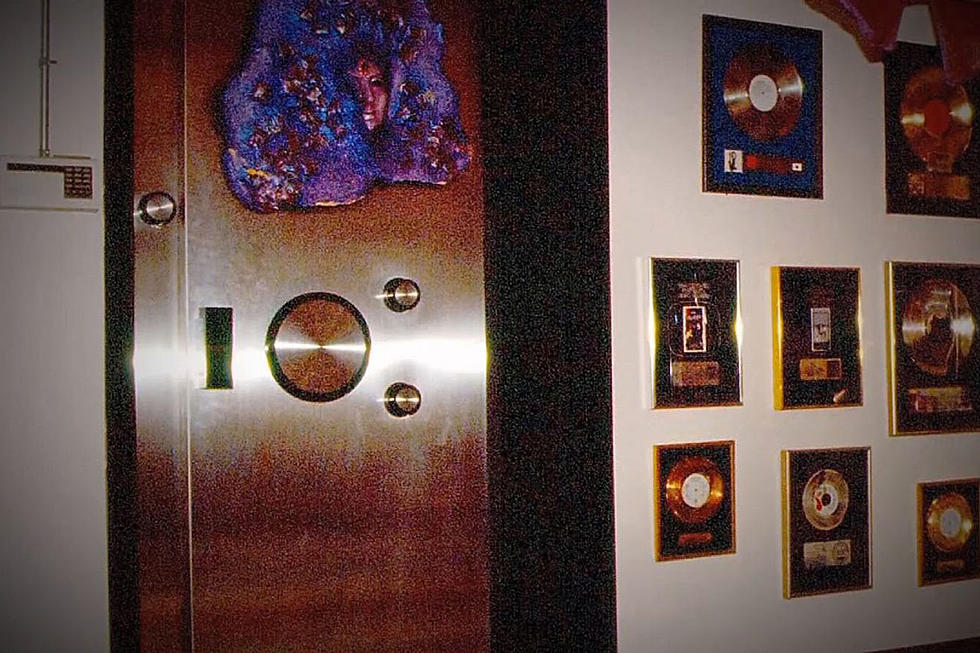Prince Goes Instrumental with ‘Xpectation': 365 Prince Songs in a Year
To celebrate the incredibly prolific, influential and diverse body of work left behind by Prince, we will be exploring a different song of his each day for an entire year with the series 365 Prince Songs in a Year.
Prince's musical prowess was never called into question, and he certainly wasn't too shy for an impressive solo, but it was relatively rare for him to release an instrumental number — and it wasn't until his 26th studio album, 2003's Xpectation, that he deigned to put out a collection of completely instrumental work under his own name.
Of course, as with multiple other sides of his many-faceted musical personality, Prince had used other names and side projects to follow this part of his muse in the past. In the '80s, he teamed up with woodwinds player Eric Leeds to make Madhouse, writing and largely performing the band's 1987 album 8 and its 1988 follow-up, 16. Leeds was once again in the fold a decade later for Kamasutra, an instrumental LP released under the auspices of the NPG Orchestra.
Xpectation, however, found Prince working in a more jazz-oriented vein. In fact, it marked the first of three like-minded releases he'd put out via the NPG Music Club — most of the tracks that comprised the live C-Note followed shortly after Xpectation's New Year's Day 2003 arrival, with News rounding out the trilogy in late June. It was a detour sparked by the jazz-influenced sound he'd adopted on 2001's The Rainbow Children album, one he'd later credit extensively to the encouragement of drummer John Blackwell and keyboardist Renado Neto.
Speaking with Guitar Player the following year, Prince acknowledged the jazzier bent his recent work had taken, indicating that it stemmed at least in part from a desire to trust his audience's capacity to understand more complicated work.
"I like the audience to be as sophisticated as my music is," he explained. "Sometimes, I’ve had more fun doing challenging things in after-show concerts than playing the hits at the main show."
As he went on to argue, he saw a dearth of interesting instrumental work in the rock world — a far cry from the days when even the most arena-friendly artist was expected to incorporate new ideas into their radio-ready material. "The best players used to play rock and roll," he continued. "The first time you heard Boston, it was this huge, amazing sound with all that guitar doubling. Same with Brian May — nobody sounded like him. I still think of Return to Forever as a rock band. Those guys could really play, but there ain’t nobody doing that in rock these days."
Much as a portion of the listening audience might have agreed with Prince — and lamented the loss of those challenging ideas — the jazz strains he incorporated during the early aughts were just one chapter in his rapidly evolving story. By the time he returned with his next full-length album, 2004's Musicology, he'd started moving back toward the mainstream. Check out some of the Xpectation tracks below.
More From Mix 92.3










